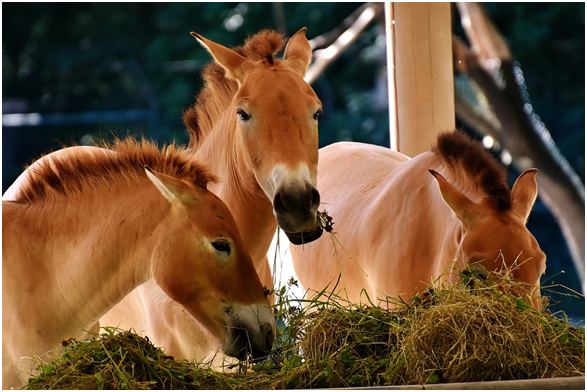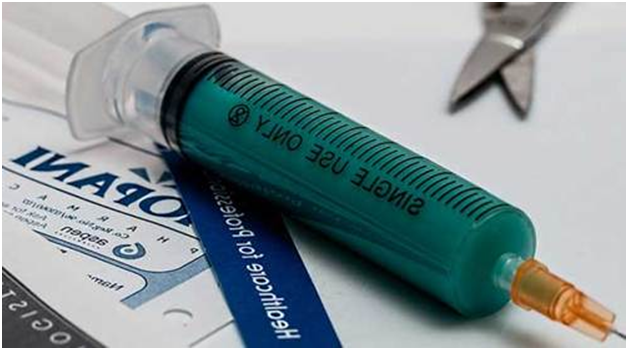Those with horses will be all-too-familiar with the literal pain in the rump that is pruritis in horses. Caused by an immune system overreaction to the saliva transferred through midge bites, it can cause a real issue for horses affected with it, and for their owners trying to assist them!

Does my horse’s diet affect their chances of getting bitten?
Simply put, no, your horse’s diet does not make it any more or less likely to get bitten. Despite the misleading name of the affliction, midges are no more likely to bite horses who might eat sweeter foods than they are to bite any others. They are remarkably unbiased in the types of horses they will try and bite – it seems to be only a lucky few who aren’t targeted by these tiny annoyances.
Can my horse’s diet help it at all?
Whilst your horse’s diet won’t affect the chances of it getting bitten, it’s certainly important. Maintaining a healthy diet filled with the right nutrients might not deter those pesky midges, but it can help your horse in getting through the after-effects. For example, the incorporation of fats into a horse’s diet affects the quality of their coat –http://articles.extension.org/pages/10270/nutrients-and-common-feed-sources-for-horses. If their coat has been rubbed away either by scratching or ulceration, fats in the diet can help the regrowth of healthy hair.

Nutrition shouldn’t be the only consideration in ridding a horse of the affliction; this should be in combination with a treatment plan developed with your veterinarian. One thing they might recommend is the Stinky Stuff range https://www.stinky-stuff.co.uk/sweet-itch/ – a range of creams and oils which specialise in soothing the effects of sweet itch and alleviating the symptoms.
Alongside alleviating the symptoms, a horse’s nutrition is important for its wellbeing in general. Including ingredients that boost the immune system and general health of your horse might help to downplay the allergic response which can cause the itching. Remember, a diet can only go so far – it is important to ensure you are taking preventative methods into consideration. These include rugs, fly repellants, stabling at midge feeding times and several other methods you can find out about online. Putting these preventative methods into effect, in addition to the healthy diet you are implementing, will do wonders for your horse’s general health, and ability to recover from any unpleasant reactions.



